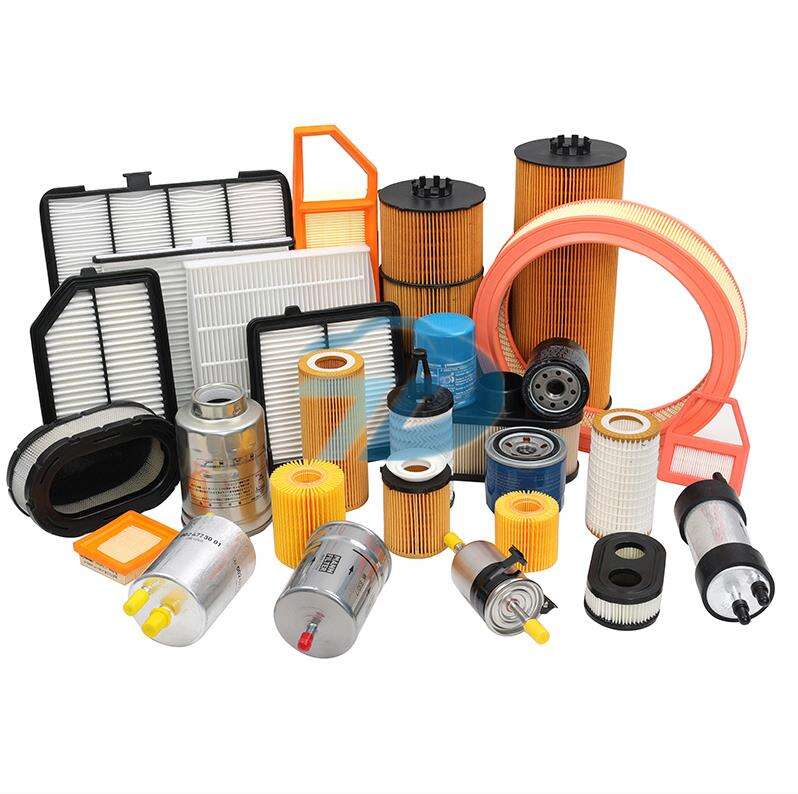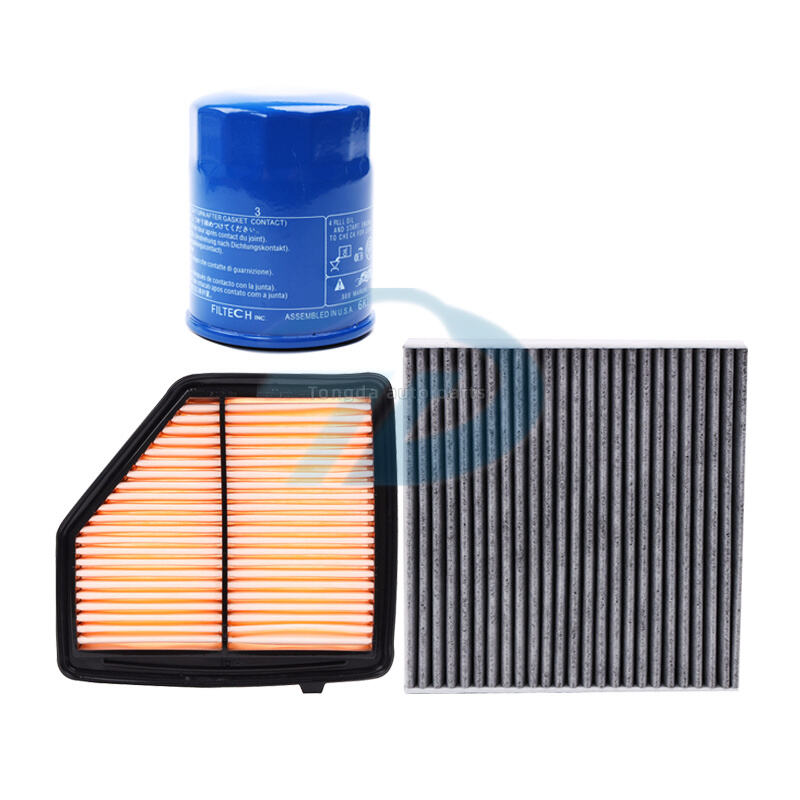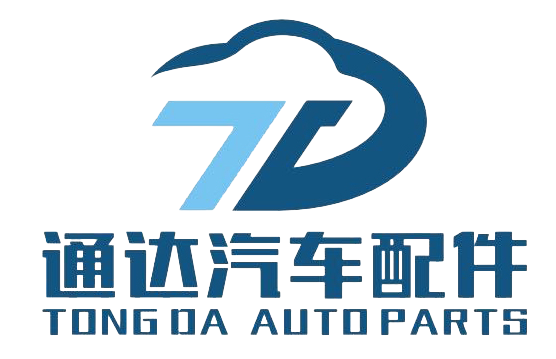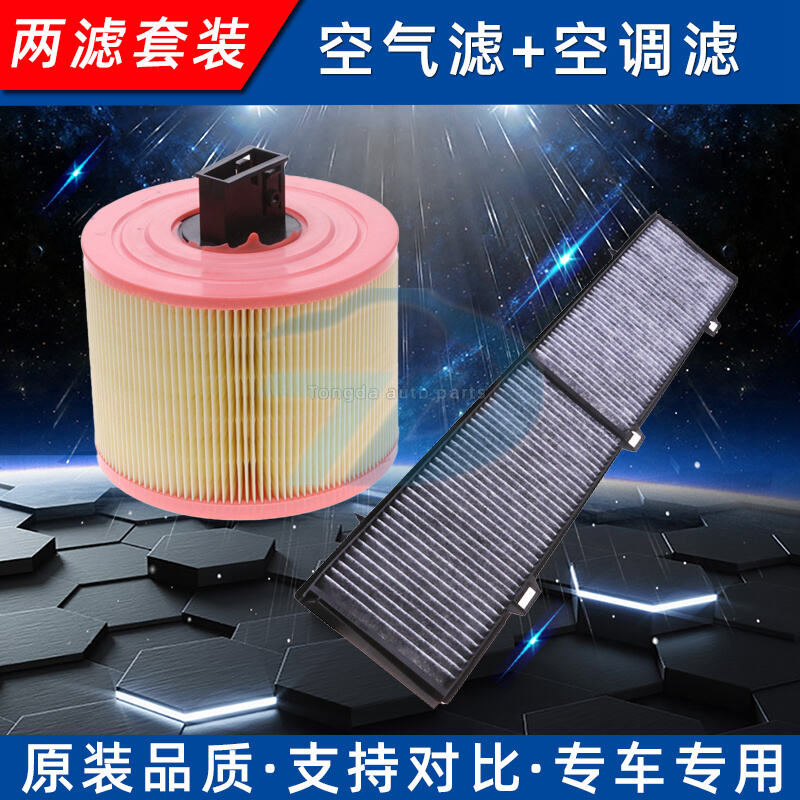AUTOMOTIVE FILTERS MARKET
KEY FINDINGS
- In 2023, the Global Automotive Filter Market reported a sales volume of XXM units, valued at $ XX billion. The market is estimated to be $XX Billion in 2030 with a CAGR of XX percent (2024-2030).
- In Europe, Market constraints led to lower volumes for original equipment manufacturers. Volumes for Aftermarket remained at the previous year’s low level in the US while emerging markets were less affected and recorded growth in both segments.
- China and Europe witnessed a sales boom in Cabin filters for EVs, as the region experienced a rise of more than 100% in EV sales volume.
- Oil Filters with high sales volume are currently manufactured with resin-impregnated cellulose fiber media, which not only improves the contaminant filtration ability but also allows for higher flow rates.
- The cabin filter prices are soaring up by 15-20 percent in the U.S. due to high technological demand caused by the growth of EVs in the region.
- The filtering effect of the air filter is not only related to the wind speed, wind pressure, and resistance but also directly related to the material and is selected
- The selection of materials plays a major role in pricing management and quality.
- The global automotive filter market is dominated by top players such as Mann+Hummel, Mahle, Donaldson, Toyota, Sogefi, Ahlstrom-munksjö, and Denso constituting about XX percent of the market in terms of value in 2023.
AUTOMOTIVE FILTERS MARKET INTRODUCTION
Each year globally about 2 billion oil filters are replaced and disposed of. There are different kinds of automotive filters whose usage helps in achieving better fuel economy and more importantly cleaner environment.
Fuel Efficiency and Emission norms are two major factors influencing the automotive filters market. Different kinds of filters used in engine-powered and hybrid vehicles are
- Engine air filters
- Cabin air filters
- Oil filters
- Fuel filters
- Steering filters
- Transmission filters

-
Whereas, a BEV essentially has 2 types of filters, Battery and Cabin filters. Battery filters consist of ventilation and are critical for the thermal management of batteries. Cabin filters keep the passenger compartment free from any kind of contaminants.
To learn more about the Europe Automotive Filters Market, read our report
AUTOMOTIVE FILTERS MARKET DYNAMICS
Engine-powered and Hybrid vehicles account majority of the market in filtration systems. The stringent emission norms across the world have been the major driving factor of the automotive filter market in recent times. However, with the increase in electric vehicle production, there has been a direct effect on air and oil filters.
MANN-FILTER has over 70 years of filtering experience and is recognized for its OE expertise all over the world. All goods are manufactured and tested by current international OEM production and testing standards. OE quality is the only global quality standard at the same time. That is why MANN-FILTER is trusted by workshops all around the world.
Fuel filter PU 11 002, which offers effective three-stage water separation and reinvents diesel filtering, is an example of original MANN-FILTER products supplied for use as original equipment in new vehicles. In the independent automotive aftermarket, the same OE quality filter is available in the classic yellow-green package – of course in 100% Original MANN-FILTER OE quality.
An industry leader in antimicrobial solutions, Microban, and WIX Filters, a global manufacturer of filtration equipment, have established an exclusive cooperation in the area. The lifetime Microban product protection offered by WIX cabin air filters will help to ward off odor-producing bacteria, mold, and mildew.
Continuous Microban’s Aegis Technology, which employs a charge disruption mode of action to prevent the growth of germs, is used to protect the cabin air filter. This broad-spectrum antimicrobial’s rapid mechanism of action enables it to significantly lower bacteria loads on treated substrates in a short amount of time. As a result, this technology helps to maintain cleaner and fresher air inside cars.

-
Ryco will support Clemente Motorsport, making the filter company his naming rights partner. By the agreement, Clemente will drive a Ryco-branded Honda Civic Type R throughout the weekend in the TCR Australia Series, Due to the wide variety of vehicles, Ryco has created a large selection of oil, air, fuel, cabin, transmission, DPF, Crankcase, and hydraulic filters to support this wide range of automobiles.
Nanofiber Technology is also being used in cabin air filters for Automotive applications reducing the number of pollutants that vehicle occupants breathe, and thus improving the air quality in the vehicle cabin.
Cabin Filter is almost neglected by the owners/mechanics in the region – Asia (China) and the Rest of the world. The main reason for the negligence is that they won’t service their vehicle at an authorized service center
The Fuel Filter protects the critical parts of the engine, by filtering out foreign particles that can potentially damage a fuel injector. The injectors are very expensive to replace, The OEMs recommend they to replaced in time according to the maintenance interval.
PASSENGER VEHICLE FILTERS MARKET
Passenger vehicles account for the highest penetration in the filters market, solely because of the passenger car population across the world. The requirement for different varieties of filters has boosted the growth of the filter market.
To maintain a cleaner passenger compartment stricter emission acts have demanded better filters across the passenger car segment. Any passenger cars are subjected to change the filters after every 20,000 -30,000 miles driven.
If the vehicles are used extensively or in not-so-favorable conditions, filter change must be considered much before the subject period. Installation of air and oil filters improves the fuel efficiency of the vehicle and hence drivers are driven to install filters in their cars.
-
COMMERCIAL VEHICLE FILTERS MARKET

-
The second-highest filter market is found in the passenger vehicles segment. It can be either an LCV or an HCV.
Since usually, commercial vehicles spend much of their time on construction sites or any other working site prone to huge amounts of dust, the need for better air intake and cleaner cabins becomes important. Moreover, commercial vehicles travel a long distance and this creates a need for better fuel efficiency and emission. All these reasons constitute and help in the growth of the filter market in the commercial vehicles segment.

 EN
EN








































